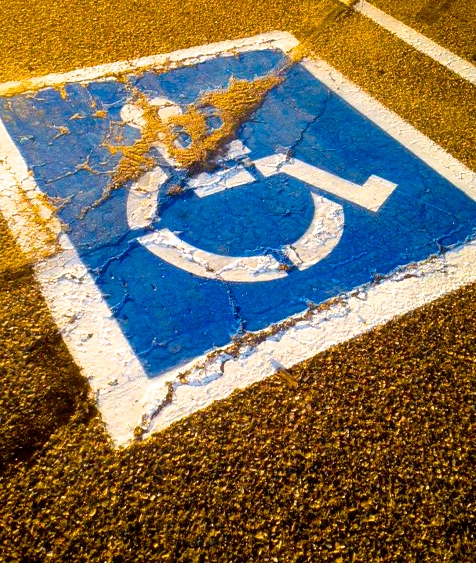
The industry is an architecture of misery, extracting profits from needless suffering.
By Roqayah Chamseddine
In These Times (3/27/19)
In Indiana, a school superintendent is facing three felony charges after using her son’s insurance in January to help a sick student access a doctor and prescription antibiotics. Dr. Casey Smitherman, who on February 1 resigned from Elwood Community School Corporation, has helped the 15-year-old student before, according to reports: She purchased his clothes, and even helped clean his house. This time, she had noticed his absence from school and took it upon herself to bring him to a medical center. In an apologetic public statement, the superintendent explained that she was aware that the student didn’t have insurance and so, out of concern for his well-being, wanted to do all she could “to help him get well.” Court documents reveal the total insurance claim was $233.
Nearly one year ago, Dr. Smitherman was a celebrated presence in Elwood. In June of last year, she received a glowing profile in Indiana’s Herald Bulletin and enthusiastic approbation from James Snapp, Superintendent of the Brownsburg Community School Corporation. “I think in a time when our students were facing greater challenges with poverty increasing, Casey really connected with families, whether that was connecting them with the food pantry or the clothing pantry,” Snapp explained to The Herald Bulletin. Smitherman’s attitude was made explicit in this profile: “Kids can’t learn if they’re hungry and are scared to go home,” she told The Herald Bulletin. The number of children living in poverty in the state of Indiana is a staggering 301,000. In Smitherman’s district alone, at least 78 percent of students qualify for free or reduced-cost lunches. The poverty rate in Elwood: 24.2 percent.
It apparently isn’t enough to watch Americans fall into incapacitating debt in order to access life-saving medical care: Those who provide succour in times of hardship must be held to even greater account.
Indiana prosecutor Rodney Cummings has argued that while Smitherman’s actions shouldn’t jeopardize her career, “there have to be some consequences.” It apparently isn’t enough to watch Americans fall into incapacitating debt in order to access life-saving medical care: Those who provide succour in times of hardship must be held to even greater account. The impulse to discipline acts of solidarity is especially cruel in a system that leaves the poor to fend for themselves. Smitherman’s case further emphasizes the intensity of the healthcare industry’s aggravation of class inequality, the result of which leaves impoverished communities at the mercy of exploitative pop-up emergency clinics and volunteer-based roadside medical services that compel families to camp out in their vehicles sometimes two days in advance for a chance at care.
For-profit corporate death panels
The recent death of attorney and disability rights activist Carrie Ann Lucas demonstrates the cruelty of private healthcare corporations, which act as the veritable death panels the poor were told to fear if the private health insurance market were meaningfully challenged. Forty-seven-year-old Lucas, a legal assistant for the Colorado Cross-Disability Coalition, was forced to ration insulin, the price of which has been rising steadily. UnitedHealthcare, the private insurer tasked with facilitating the medical treatments Lucas needed to live, denied her access to a specific inhaled antibiotic in order to save themselves $2,000. The company raked in a total revenue of $56.5 billion in 2018. Her death came “after an arbitrary denial from an insurance company caused a plethora of health problems, exacerbating her disabilities and eventually leading to her premature death,” Lucas’ obituary reads.
The death of Lucas is not the first, nor will it be the last, of its kind. In 2015, a crowdfunding campaign was published on behalf of an Oklahoma mother, Oranna Cunningham, diagnosed with stage 4 nasopharyngeal cancer. In 2014, her insurer Aetna not only denied her CAT scans, but denied funding for Proton beam therapy, which would have cost $92,000 and possibly saved her life. Aetna’s 2015 financial data reveals that in 2014 the company’s total revenue was roughly $58 billion. Aetna’s CEO at the time was Mark Bertolini, who has overseen the insurance giant since 2010, is “the richest person in Hartford,” according to Forbes, with a fortune of $180 million. …
(Commoner Call photo by Mark L. Taylor, 2018. open source and free for non-seriviative use with link toe www.thecommonercall.org )

